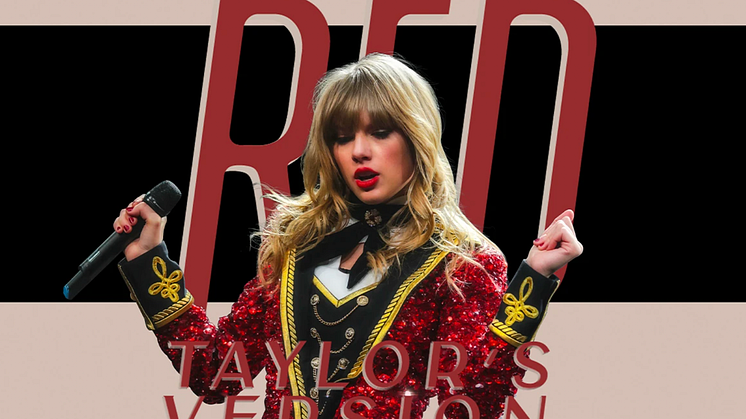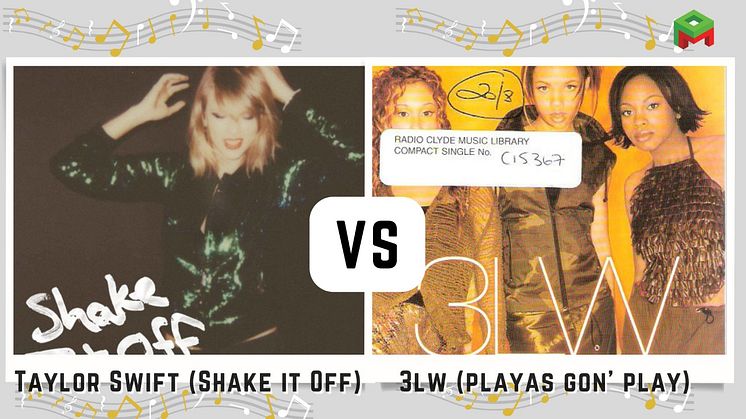
News -
How important is it to own your IP? Taylor Swift knows all too well
We last wrote about pop star Taylor Swift’s decision to re-record her albums made under the Big Machine label here, and explained why this move was necessary for her goal of gaining the master rights to these re-recorded songs.
Now, the second of these re-recorded albums, Red, is being released. And Swift is making the media rounds to reiterate exactly why she feels it’s important for artists to own the art they create.
Swift has also been in the news for another reason, also related to intellectual property. Newcomer Olivia Rodrigo recently raised eyebrows when Swift was given songwriting credits for two of Rodrigo’s songs. That’s not because Swift penned new songs for her, but rather because the tunes in question interpolated elements from two of Swift’s songs. Specifically, Rodrigo’s “Deja Vu” interpolated Swift’s “Cruel Summer”, while her “1 Step Forward, 3 Steps Back” interpolated Swift’s “New Year's Day”.
Interpolation means to use an element of a piece of music (such as the chords) in another piece of music. This element is re-interpreted and re-created by the artist who is doing the borrowing. So that makes interpolation different from sampling, which refers to placing a section of an existing recording exactly as it is into a new piece of music.
Here’s how Rodrigo explains interpolation in her own words: “I came up with the "1 Step Forward" concept and I sort of wrote a verse and a chorus … I decided to sing it over the chords of "New Year’s Day". I think they’re really beautiful chords. I was lucky enough to get that approved, and it’s on the record now.”
As she notes, interpolation also requires seeking permission and giving credit where it’s due. Without these crucial steps, interpolation may be found to have crossed the line into IP infringement and musicians who do so could very well find themselves at the receiving end of legal action.
In such cases, the artists who engaged in unauthorised interpolation typically have to prove that they incorporated pre-existing musical elements unconsciously and thus unintentionally. However, as Billboard reports, this can be very tricky. While a reasonable case can usually be made that an artist had access to the borrowed song (that is, they were able to listen to it), it can be quite hard to definitively demonstrate a lack of intent.
As such, pre-clearing new music of any unintended interpolation has become something of a cottage industry, with experts hired to assess whether new songs sound too familiar to existing songs. While some may argue that policing matters of artistic influence in this way can be antithetical to a creative enterprise like songwriting, there are probably many others, like Swift, who believe that IP ownership and the financial value that unlocks is the key to sustaining a career in music.
PitchMark helps innovators deter idea theft, so that clients get the idea but not take it. Visit PitchMark.net and register for free as a PitchMark member today.






